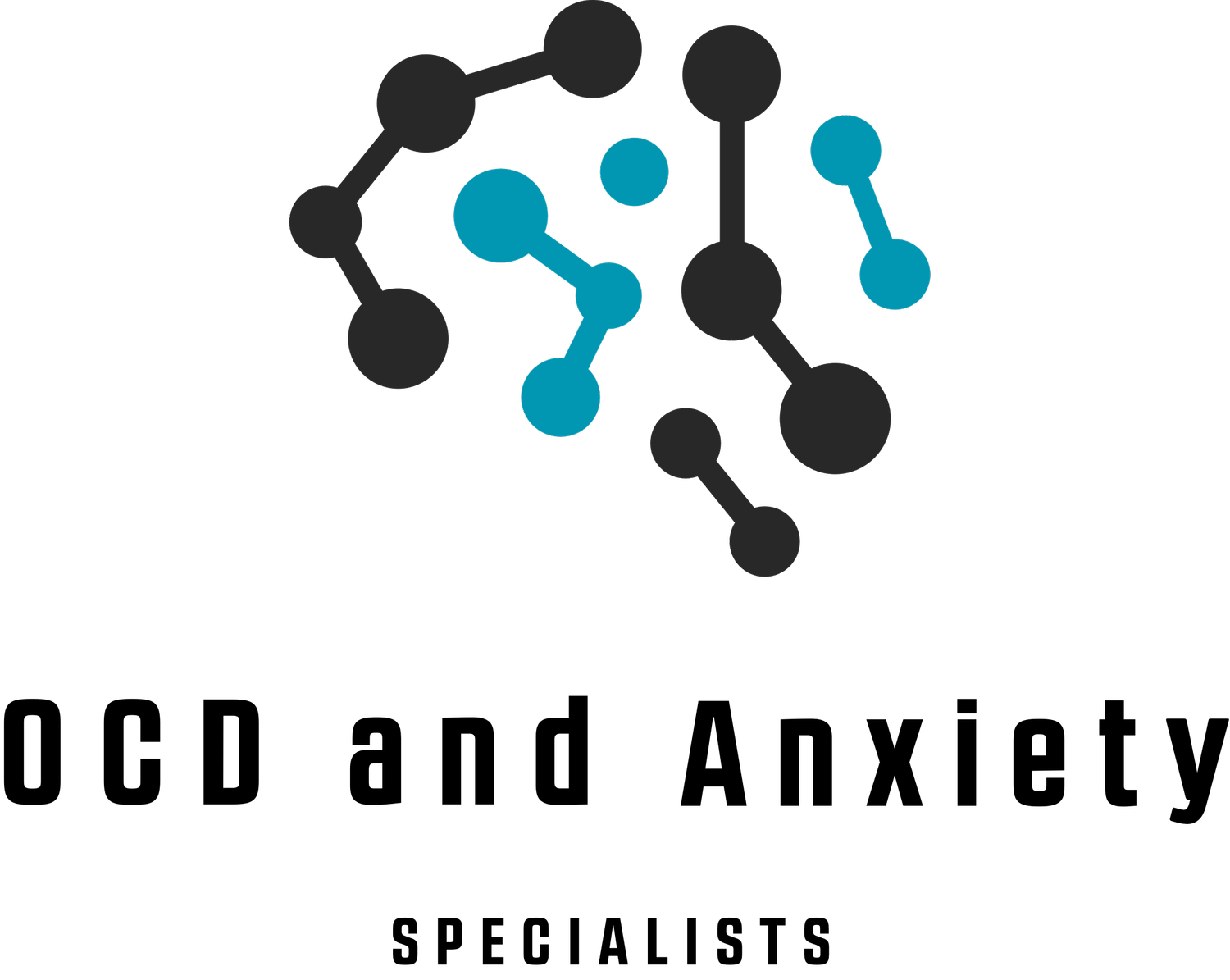What Can Our “Gut” Tell Us?
In my early career, I often spoke ill of the phrase “gut feeling.” I would tell patients that having OCD challenged one’s ability to make decisions based on feelings because OCD creates powerful misleading emotional signals. Because much of the suffering from OCD comes from ascribing too much relevance to emotions such as a sense of dread or intense anxiety, I advised my patients to only make decisions based on their rational, logical side of their mind.
I was (sort of) wrong.
As an OCD specialist who has OCD, I am often informed not just by research in the field, but also by my personal experiences with OCD. The lesson I learned in regard to the role emotions play in decision making came from a challenge with relationship themed OCD that I experienced. In this relationship I experienced intense and frequent anxious and intrusive thoughts and feelings about whether or not it was the right relationship for me. I worked tirelessly to ascribe irrelevance to all of the signals I was experiencing because I had determined that staying in the relationship was logical and aligned with my values. However, I didn’t realize how disconnected my rational assessment was from the very real and legitimate emotions I was feeling. I had fallen into a state of mechanical logic. There were parts of the relationship that I could “feel” were not right, but I denied the validity of those feelings with lines such as “it’s against my values to judge this quality of my partner” or “rationally I understand a relationship takes work, so I need to pay this toll to be connected to someone in this way.”
My heart was sending me signals that this was not the right relationship to me, but I couldn’t tell that these were legitimate signals because at the same time, I truly was experiencing intense OCD. My relationship was a topic I could not stop thinking about, the consequences felt pressing and catastrophic, and I experienced intense anxiety for hours each day.
The most useful relationship with one’s “gut”, I finally learned through the guidance of wise clinicians, is more of a “both-and.” While it is incredibly important for anyone with OCD to learn and frequently use the skill of ascribing irrelevance to certain emotional signals, it is also integral that they be able to identify their more “authentic” or “true to self” feelings and understand what these feelings are trying to convey.
It is important to note that this should not be interpreted as me advising that every emotion should be directly listened to and dealt with, nor that they mean that acting on them is necessary. Some emotions may just be asking of us to be heard, others advise us that there is an issue that needs communication or problem solving (rather than the life or death extreme solutions OCD more often suggests).
In therapy, I still suggest that the first step is for a client to practice using response prevention ubiquitously. Prior to therapy, someone with untreated OCD has likely swung way too far in the direction of ascribing relevance to every thought and feeling. It is also easier to first focus just on learning the skill of response prevention before adding in the complex layer of when and where to apply it. However, once a client has mastered response prevention skills sufficiently, it is an important part of our work to introduce the concept of a “gut feeling” in a healthy and useful way. The client, in good therapy, learns how to distinguish what their OCD is trying to communicate versus what their true thoughts and feelings are on a given matter. In this way, the client learns how to more fully trust themselves and is able to draw from the whole spectrum of information their mind, heart, and body is seeking to convey.
